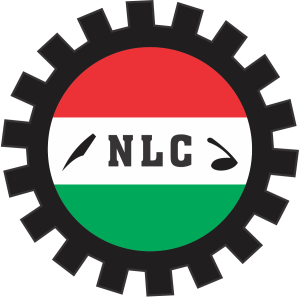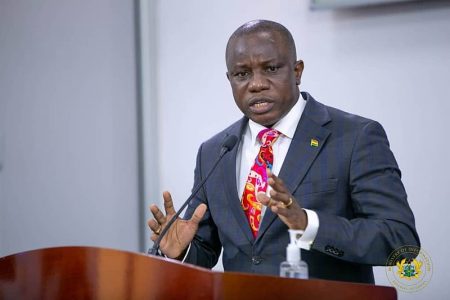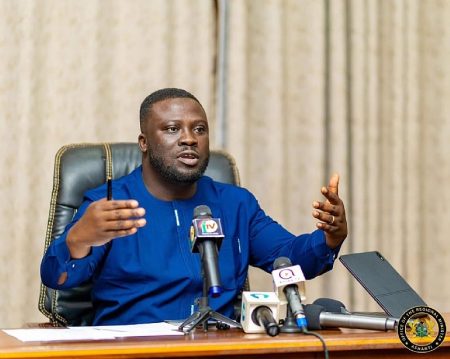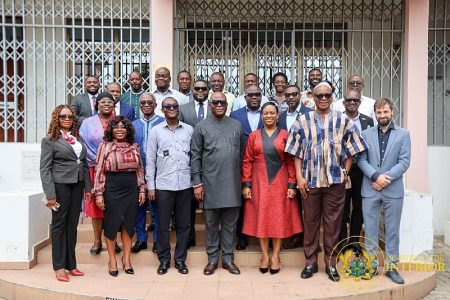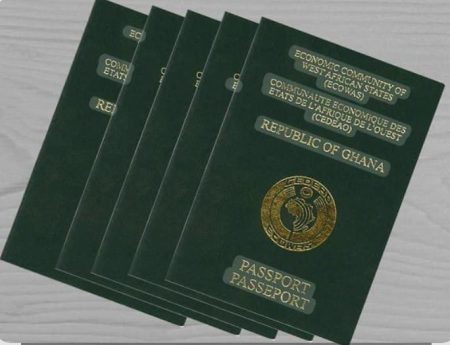President John Dramani Mahama’s final batch of deputy ministerial nominees are set to undergo parliamentary vetting on Friday, July 25, 2025, as he completes the formation of his executive team. This crucial step involves rigorous scrutiny by the Appointments Committee, tasked with evaluating the nominees’ suitability for their designated roles. The four individuals nominated include Dorcas Affo-Toffey for Deputy Minister of Transport, James Gyakye Quayson for Deputy Minister of Foreign Affairs, Mohammed Adam Sukparu for Deputy Minister of Communication, Digital Technology and Innovations, and Dr. Grace Ayensu-Danquah for Deputy Minister of Health. Their selection reflects President Mahama’s commitment to assembling a capable team to address critical national priorities and deliver on his development agenda. The vetting process is constitutionally mandated and represents a vital check and balance in the appointment of government officials.
The upcoming vetting process, outlined in Articles 78(1) and 79(1) of the 1992 Constitution, will delve into the nominees’ professional backgrounds, seeking to ascertain their qualifications and experience relevant to their prospective ministries. The Committee will assess their policy perspectives, examining their understanding of key issues and challenges facing their respective sectors. Furthermore, the nominees’ ability to articulate their vision for the ministries and demonstrate a grasp of the complexities inherent in their portfolios will be carefully evaluated. The vetting serves not only as a confirmation of their competence but also as an opportunity for public scrutiny and accountability, ensuring that those appointed possess the necessary skills and knowledge to effectively serve the nation.
The nominees represent a diverse range of expertise and experience, bringing unique perspectives to their respective roles. Dorcas Affo-Toffey, MP for Jomoro, brings her parliamentary experience to the Ministry of Transport, a sector critical for national infrastructure and connectivity. James Gyakye Quayson, MP for Assin North, joins the Ministry of Foreign Affairs, where his diplomatic skills and understanding of international relations will be crucial. Mohammed Adam Sukparu, MP for Sissala West, steps into the Ministry of Communication, Digital Technology and Innovations, a rapidly evolving sector demanding expertise in technology and innovation. Lastly, Dr. Grace Ayensu-Danquah, MP for Essikado-Ketan, brings her medical background to the Ministry of Health, a sector vital for national well-being.
President Mahama’s emphasis on deepening governance reforms and accelerating service delivery underscores the importance of selecting qualified and capable individuals for these deputy ministerial positions. The nominees, upon successful vetting and parliamentary approval, will play a vital role in implementing the President’s vision across these critical sectors. The Ministry of Transport faces the challenge of improving infrastructure and ensuring efficient transportation networks. The Ministry of Foreign Affairs must navigate complex international relations and promote Ghana’s interests on the global stage. The Ministry of Communication, Digital Technology and Innovations will be instrumental in driving technological advancements and bridging the digital divide. Finally, the Ministry of Health faces the ongoing task of strengthening healthcare systems and improving access to quality healthcare for all citizens.
The parliamentary vetting process is therefore a crucial step in ensuring that the individuals appointed to these positions are equipped to meet these challenges. Their performance during the vetting will be closely scrutinized by both parliamentarians and the public. The Committee’s recommendations will significantly influence Parliament’s final decision on whether to approve the nominations. The outcome of this process will have a direct impact on the composition of the executive team and its ability to effectively implement President Mahama’s agenda.
By carefully evaluating the nominees’ qualifications, policy perspectives, and understanding of sector-specific challenges, the Appointments Committee aims to ensure that only the most competent individuals are entrusted with these important responsibilities. The vetting process serves as a cornerstone of democratic governance, promoting transparency and accountability in the appointment of public officials. The outcome will shape the direction of these key ministries and contribute to the overall effectiveness of the government in addressing the needs of the nation. The public awaits the results of the vetting process, which will determine the final composition of President Mahama’s executive team. The successful nominees will bear the responsibility of fulfilling the President’s promises and delivering on the expectations of the Ghanaian people.




